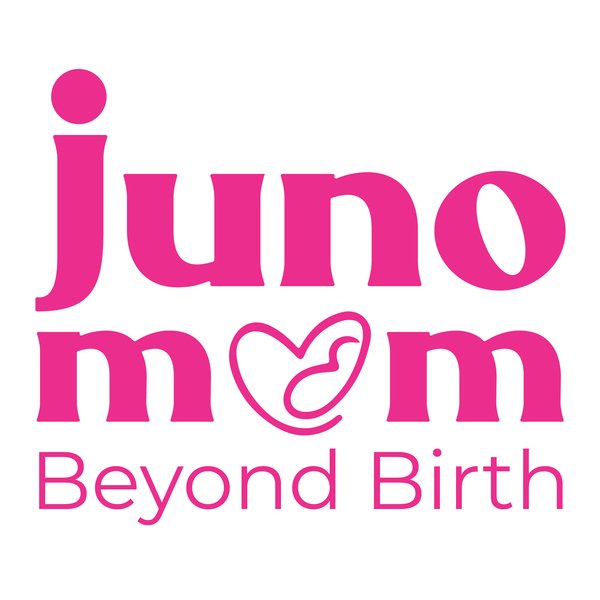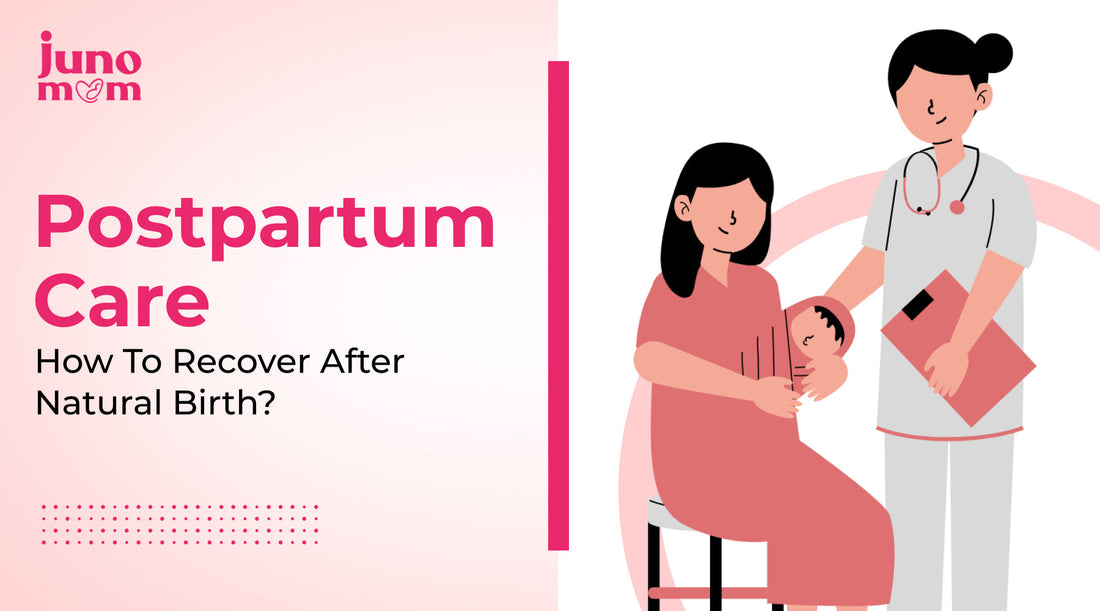Bringing a baby into the world is a beautiful and life-changing experience. However, there is much less discussion and awareness about postpartum care for new moms. It is obvious to take care of newborn babies, but mothers also start a new life after the delivery. We understand how crucial and challenging the postpartum period can be. Every new mom needs extra care and attention to recover fully. Their body goes through various physiological changes, which take time and effort to recover.

Every mother’s recovery is unique, but there are essential steps to ensure both physical and emotional healing. It is already a task to give birth naturally, the uterus expands up to 500 times and it requires a lot of physical recovery. A mother can feel a drainage of energy and emotions as well. It is important to understand the need for postpartum recovery physically and emotionally.
This blog includes everything that you need to know to take care of yourself after a vaginal delivery.
1. Rest Is Essential
The first few weeks after a natural delivery can be exhausting. Your body has gone through immense changes, and rest is crucial. Sleep whenever you can, even if it means taking short naps while your baby sleeps. Don’t hesitate to ask family or friends for help with household chores or baby care.

The concept of “sleep when the baby sleeps” might seem illogical in real but it is worth a try. Do all your pending chores when the baby is awake, do it along with your baby, and enjoy those little moments as well. If you like, take a nap when the baby does. You must also take the help of your partner and family in sharing the chores.
2. Managing Pain and Discomfort
It’s normal to feel sore after a vaginal birth, especially if you had stitches or tearing around your perineum area. Here are a few tips to ease discomfort:
- Use ice packs or warm sitz baths to reduce swelling and pain in the perineal area.
- Avoid sitting for long periods. Use cushions or pillows for support.
- Use an Abdominal Binder to support your postpartum belly and relieve back pain.
- Take any prescribed pain relief medication as directed by your doctor.
3. Postpartum Bleeding (Lochia)

After giving birth, you’ll experience bleeding known as lochia. It’s your body’s way of shedding the uterine lining. Use heavy-duty maternity pads and pad fixators. Change them frequently to stay comfortable and prevent infections. If the bleeding becomes very heavy or has large clots, consult your doctor immediately.
4. Eat for Recovery
A nutritious diet plays a significant role in postpartum recovery. Include foods rich in iron, protein, and fiber to rebuild strength and prevent constipation. Stay hydrated by drinking plenty of water, soups, or herbal teas. Avoid processed foods and focus on whole grains, fresh fruits, and vegetables to promote healing. These foods will help you easily maintain your diet without worry.
5. Breastfeeding and Healing

Breastfeeding not only nourishes your baby but also helps your body heal. It stimulates contractions that help your uterus shrink back to its normal size. However, it’s normal to face challenges like sore nipples or latching difficulties. You will take time to learn as it is all new for you the baby as well. Reach out to a lactation consultant if needed, this will ease your journey.
6. Start Gentle Movements

Although you need rest, light activity can help improve circulation and reduce swelling. Start with short walks around the house or gentle stretching. Take the help of your partner while performing exercises. Avoid any intense workouts until your doctor clears you, as every postpartum recovery journey is different.
7. Emotional Care Matters

The postpartum period can be overwhelming. It’s common to feel emotional highs and lows. However, if feelings of sadness or anxiety persist, you may be experiencing postpartum depression. Talk to your friends and family, especially your partner about your feelings. Seek support from your close ones and if nothing works out, don’t hesitate to talk to a doctor or counsellor about your emotions.
8. When to Call Your Doctor
Some signs require immediate medical attention and you must be aware, because delaying is never a good option:

- Excessive bleeding or passing large clots.
- Fever, chills, or foul-smelling discharge (possible signs of infection).
- Severe pain in the abdomen or stitches.
- Persistent sadness or difficulty bonding with your baby.
Take a note and whenever something feels off until your full recovery, consult your doctor.
9. Plan for Long-Term Recovery
Your postpartum recovery journey doesn’t end in a few weeks. Continue to prioritize self-care, set up a support system, and check in with your healthcare provider regularly. Healing is a process—physically and emotionally—and it’s okay to take it one day, one step at a time.
Recovering from a natural delivery takes time, but with the right care and support, you’ll regain your strength and adjust to this new phase of life. Remember, postpartum care isn’t just about healing your body—it’s about embracing motherhood while being kind to yourself.


